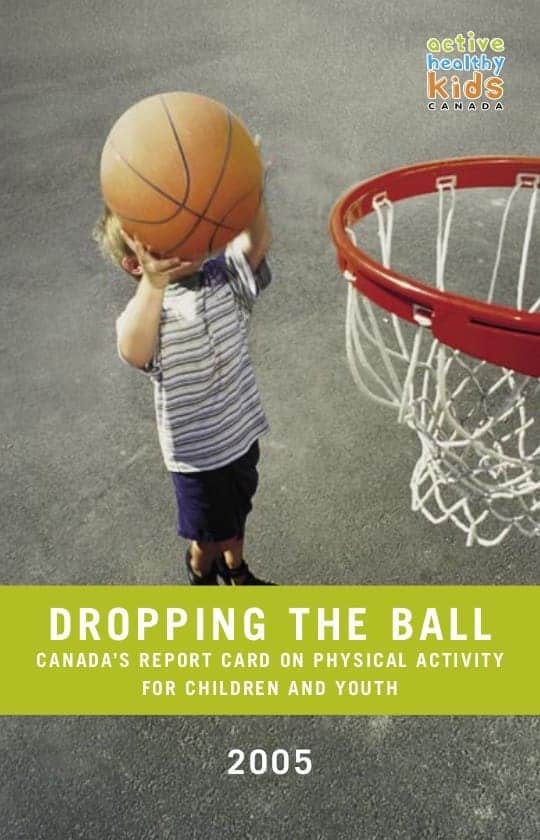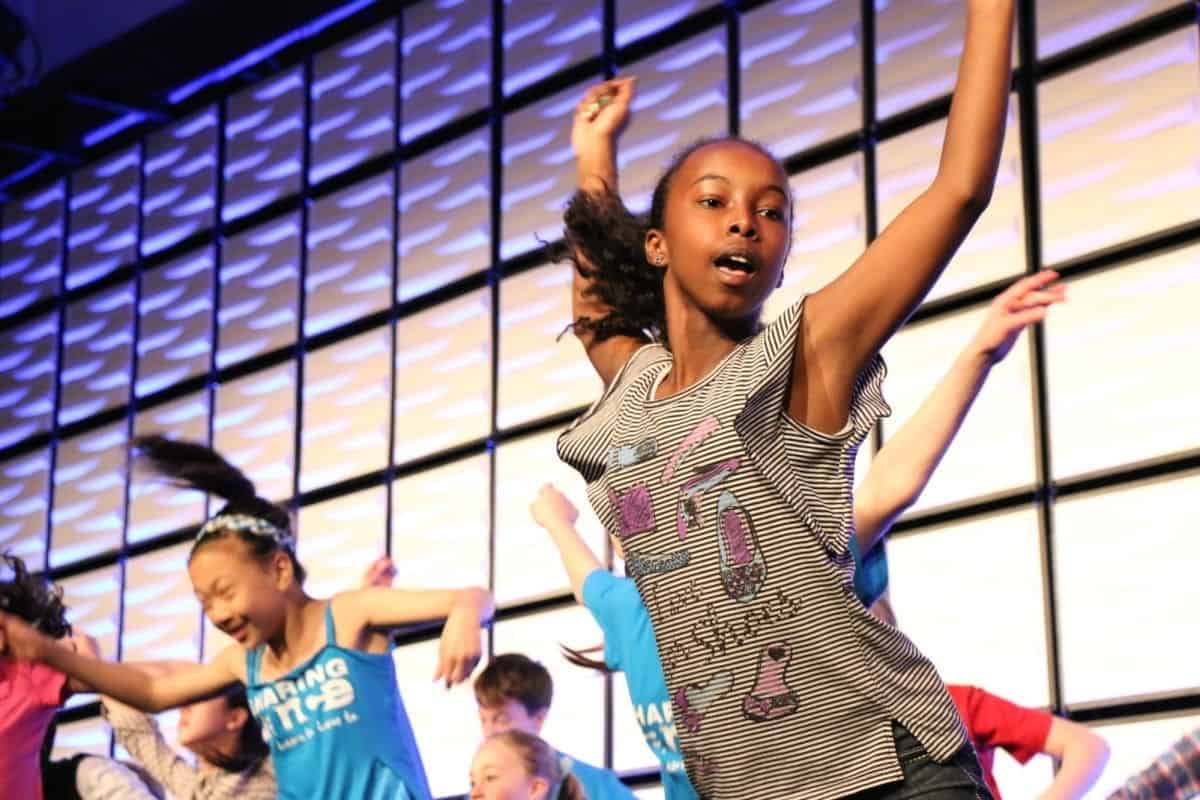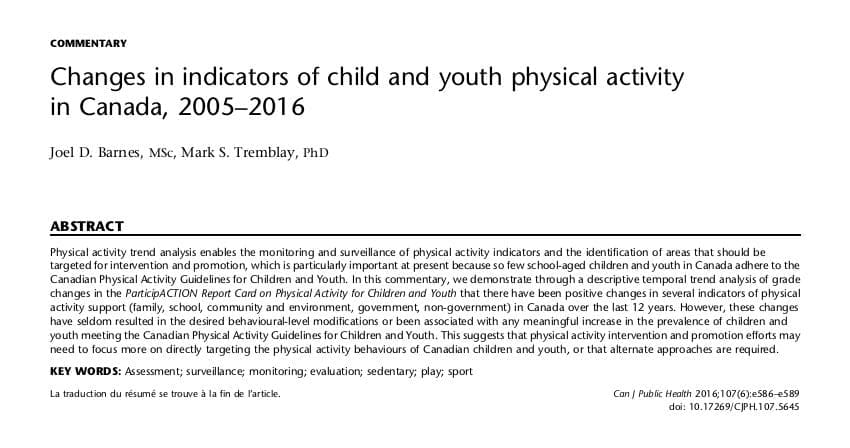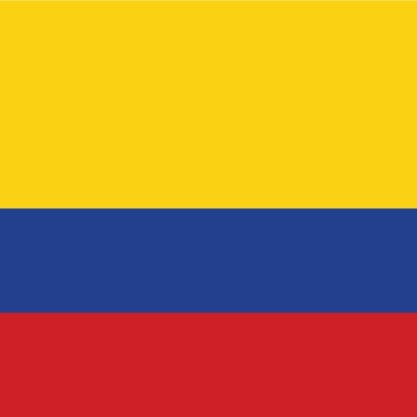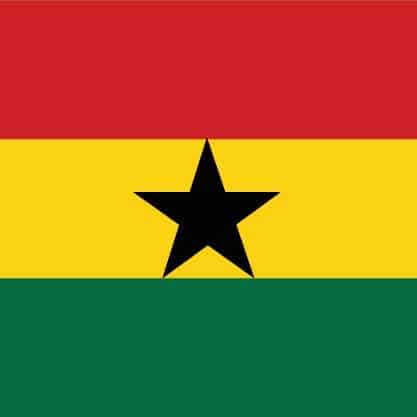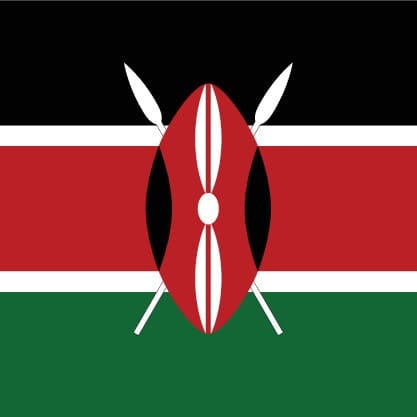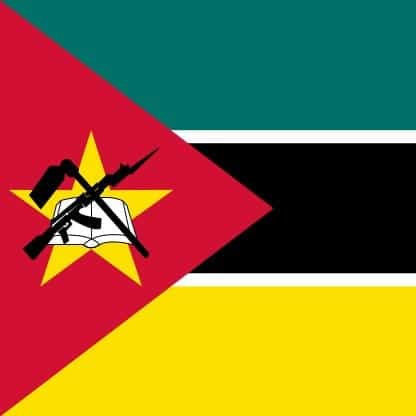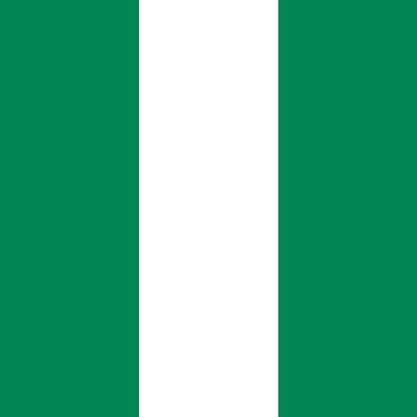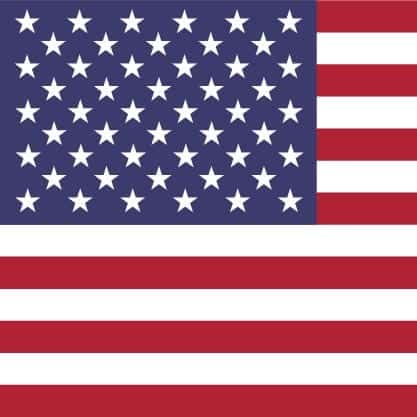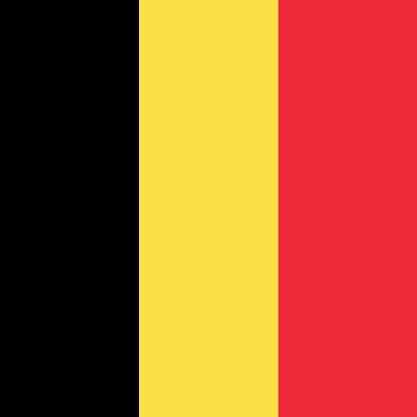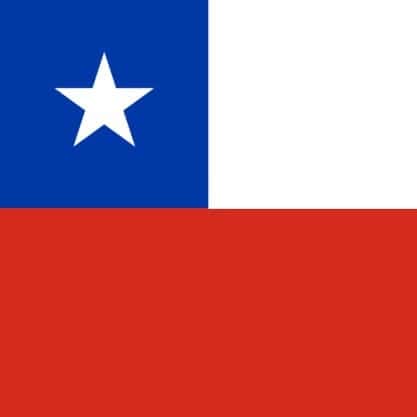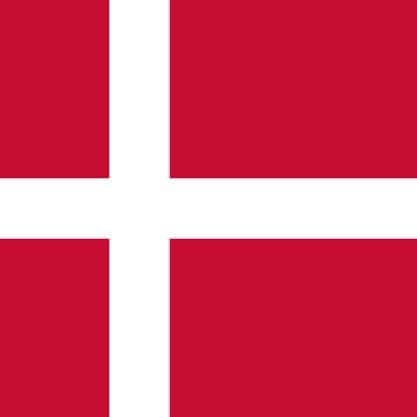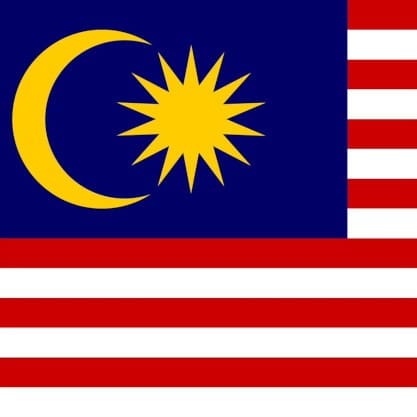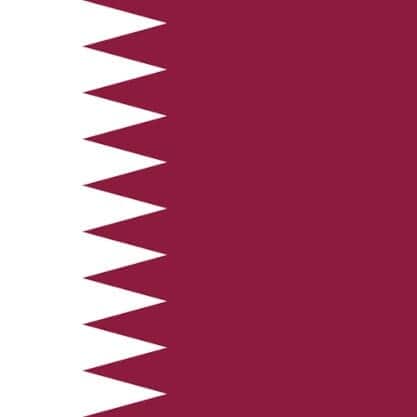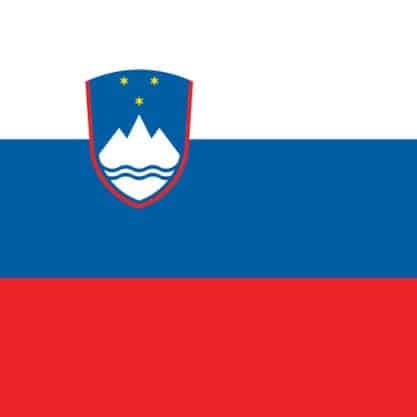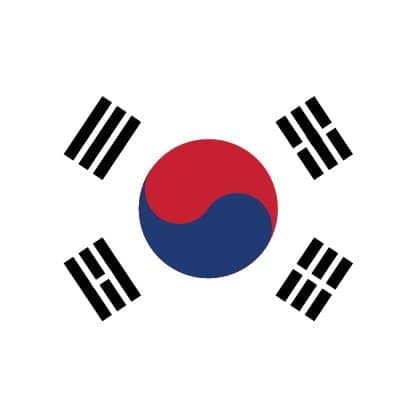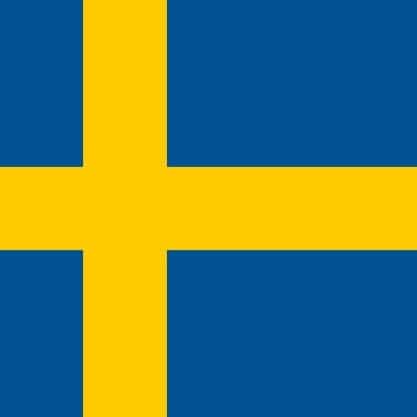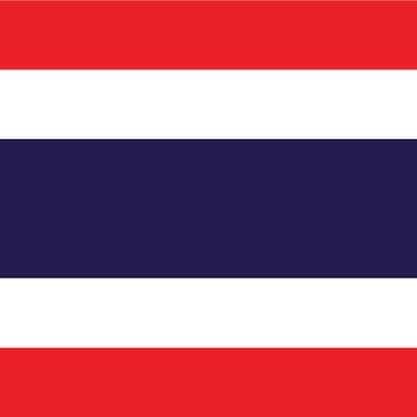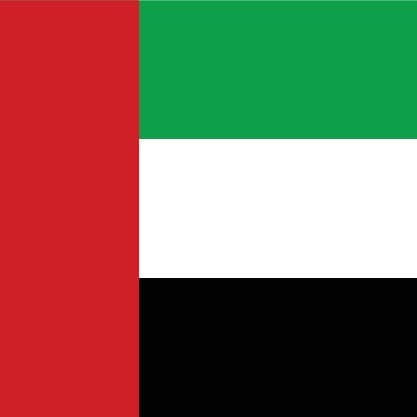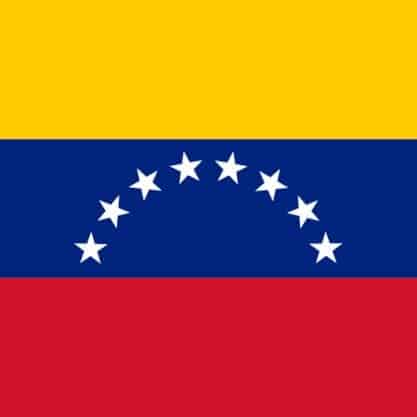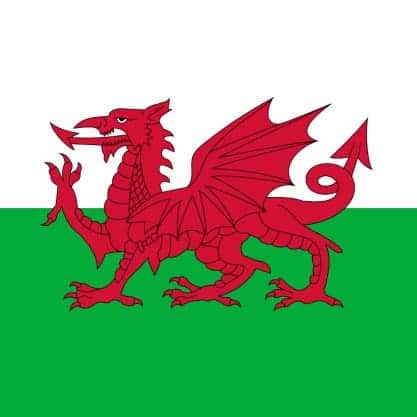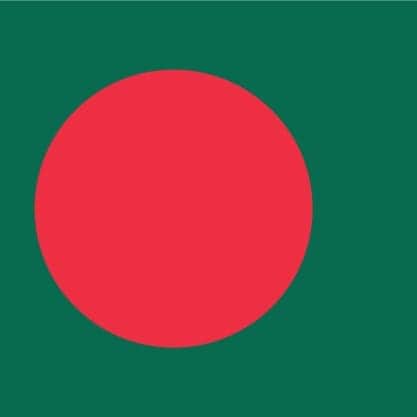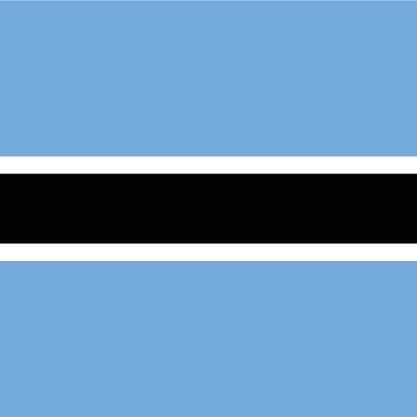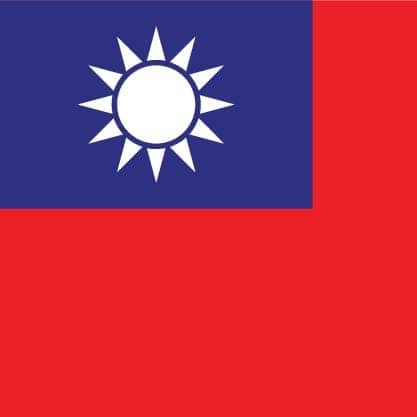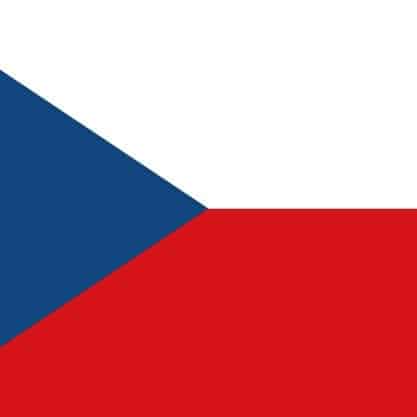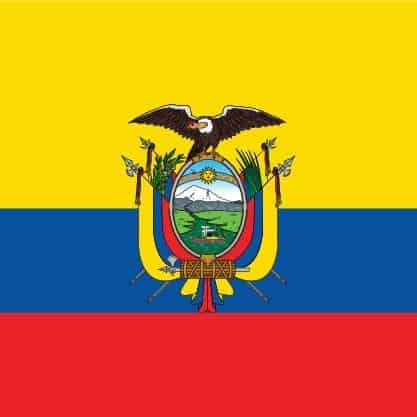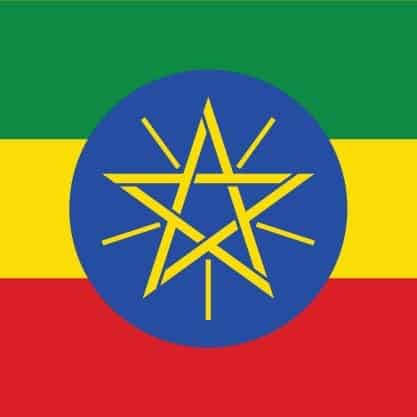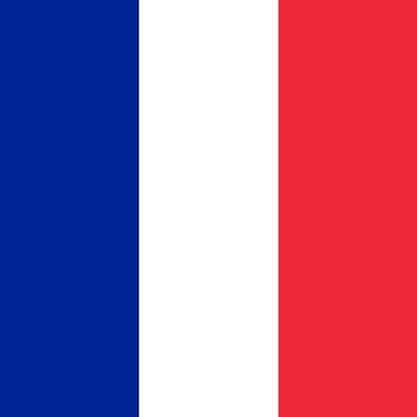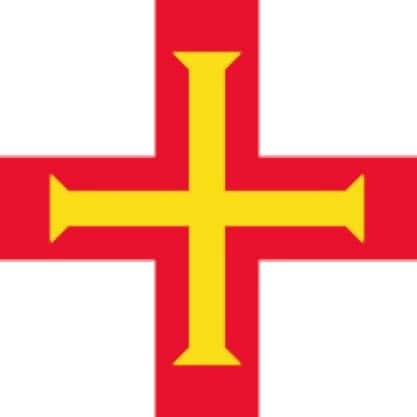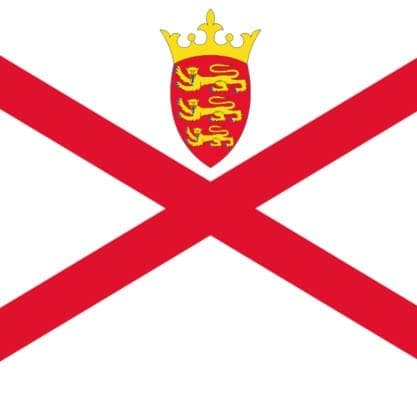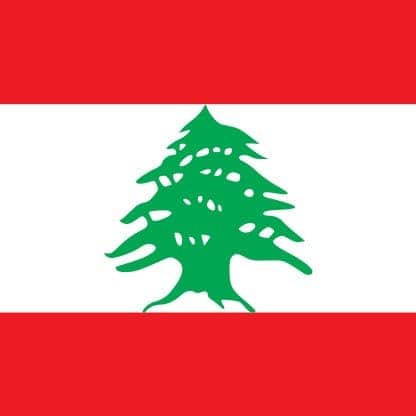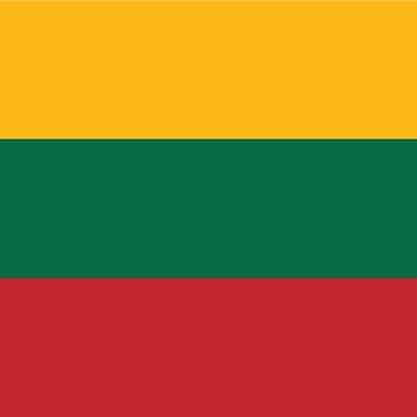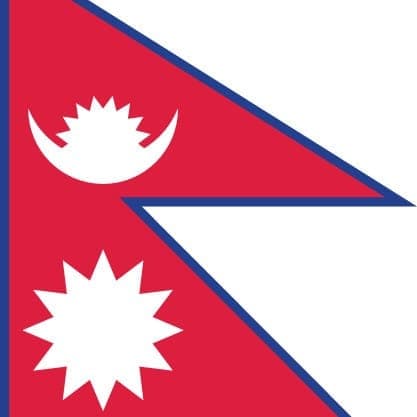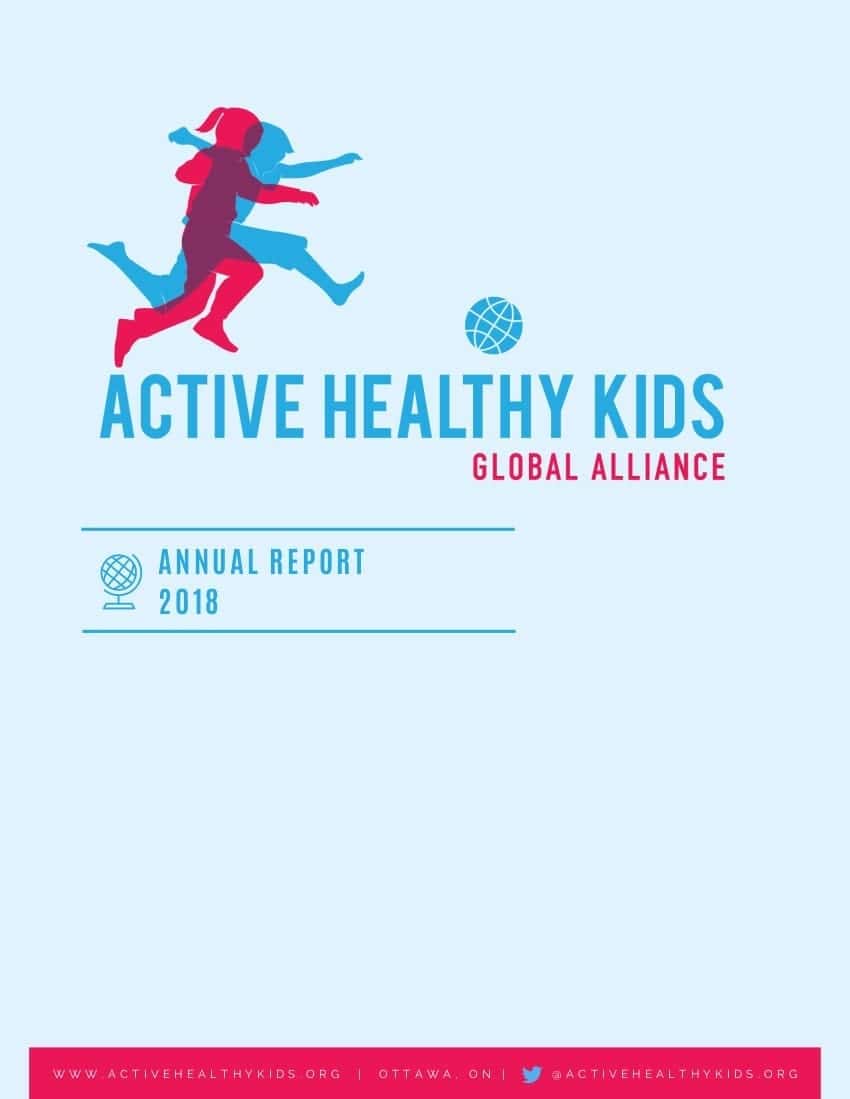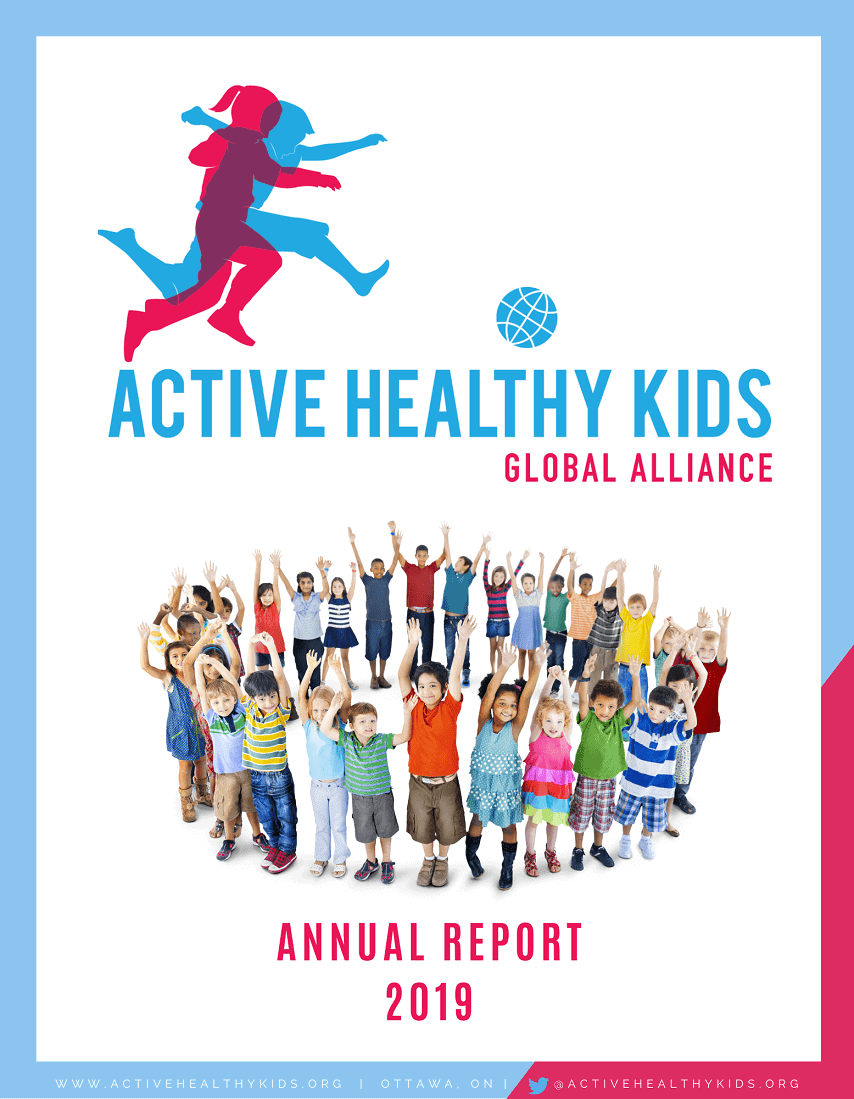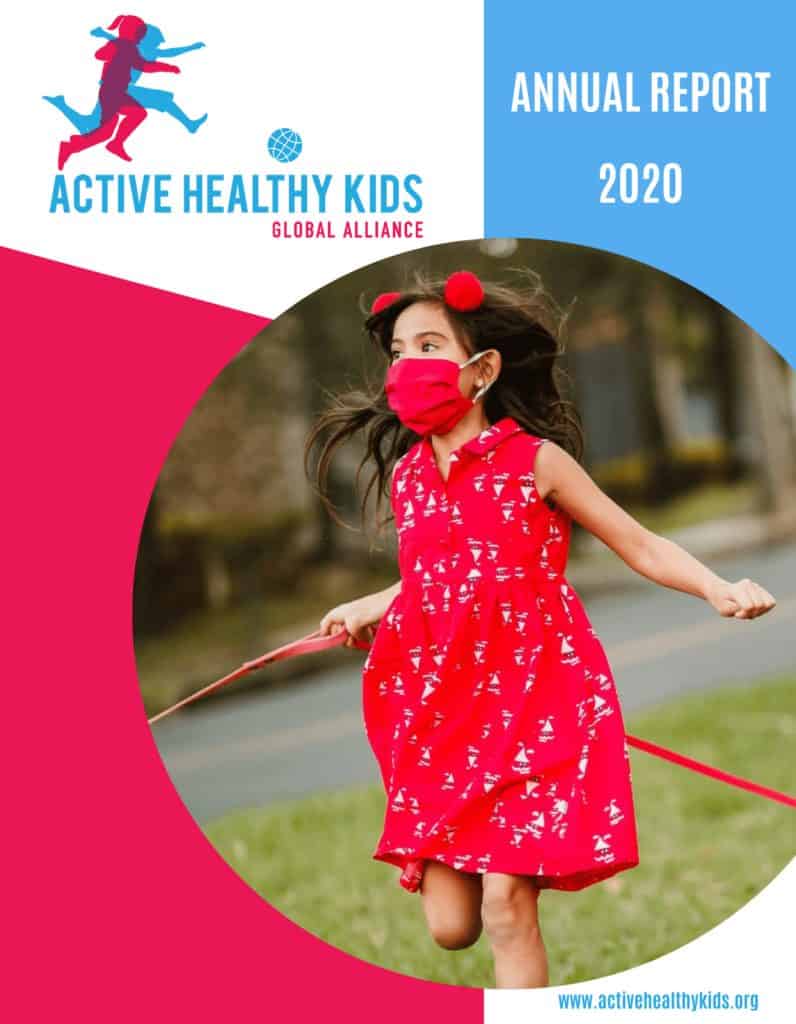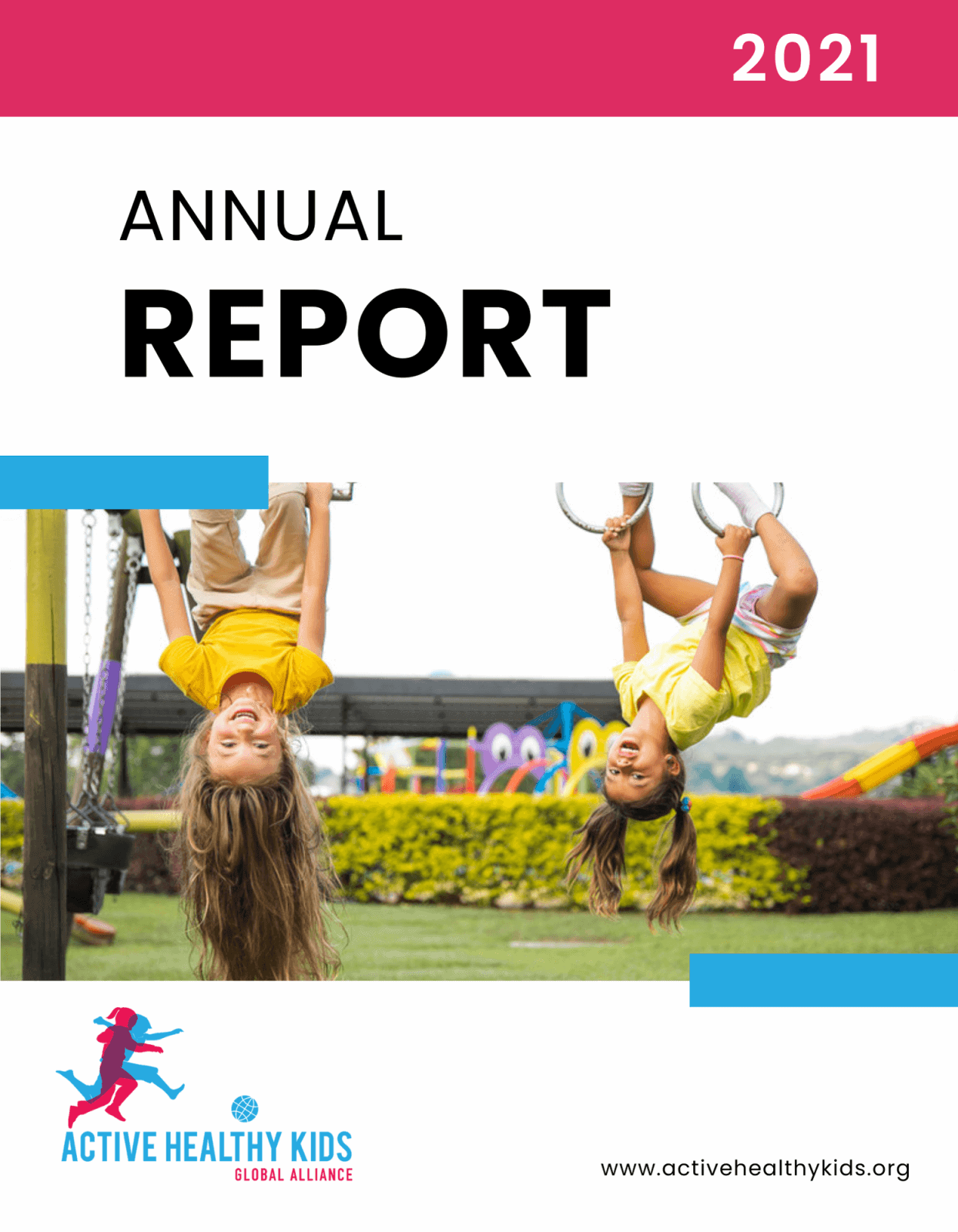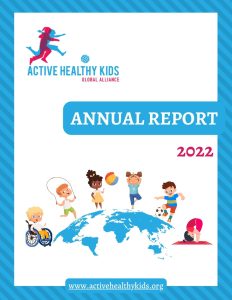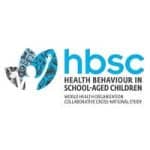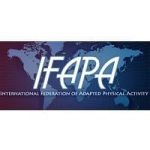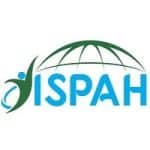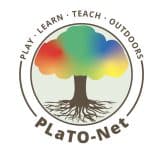Our Mission
The Active Healthy Kids Global Alliance is committed to powering the global movement to get kids moving through thought leadership, knowledge translation and mobilization, capacity building, and advocacy. This is facilitated by sustainable partnerships and cross-sectoral collaborations that enable best-practice exchanges, networking and cross-fertilization.
Our Vision
A world of active healthy kids.
Development of the first Report Card on Physical Activity for Children and Youth
TORONTO, CANADA, 2005
In 2005, in an effort to power the movement to get kids moving, Active Healthy Kids Canada, a national charitable organization, created the first Report Card on Physical Activity for Children and Youth. The Report Card summarized the best available evidence regarding physical activity in Canada and provided a comprehensive assessment of indicators relating to school, family, community and the built environment, and policy that contributed to the physical activity levels of children and youth, using the academic letter grade approach (i.e., A, B, C, D, F). The first Report Card was launched at a press event in Toronto in 2005 and achieved excellent media coverage. This encouraging beginning established the development, production, and release of the Report Card as an annual process.
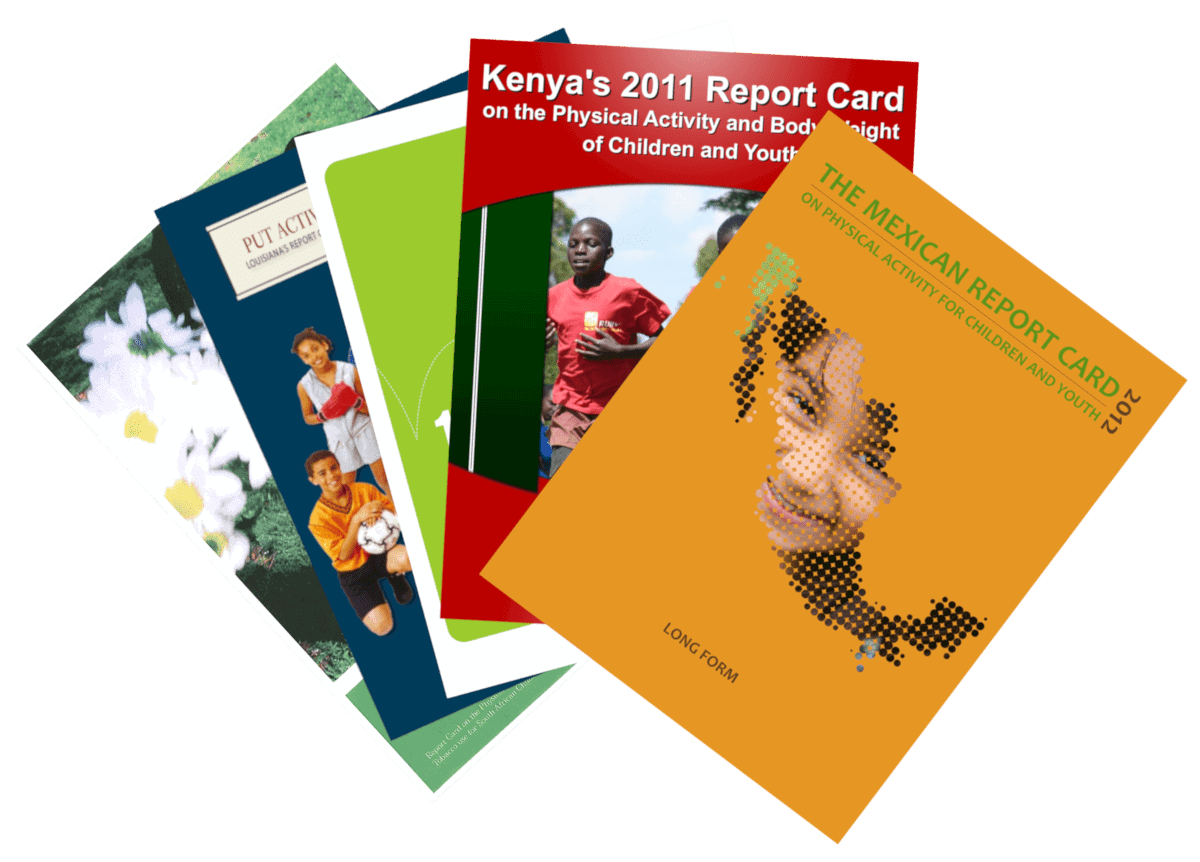
Expansion of the Report Card on Physical Activity for Children and Youth
CANADA and INTERNATIONAL, 2005-2014
From 2005 to 2014, the Canadian Report Card was produced annually by Active Healthy Kids Canada in short (4-6 page summary) and long (50-100 page detailed explanation of grades and underlying data and references) forms, in both Canadian official languages (English and French) and in both printed and electronic (on-line) versions. Moreover, other jurisdictions started to replicate the Canadian Report Card model. In 2007, South Africa produced the “Report Card on Physical Activity, Nutrition and Tobacco Use for South African Children and Youth” modeled after the Active Healthy Kids Canada Report Card. In 2008, the Report Card model was replicated in the state of Louisiana, USA. In 2009, the province of Saskatchewan, Canada, produced their own provincial supplement to the Canadian Report Card. Other jurisdictions also began to increasingly approach Active Healthy Kids Canada for mentorship to help them prepare similar Report Cards. Eventually, this became sufficiently burdensome that Active Healthy Kids Canada decided to make the Report Cards a group effort and collaborated with 14 countries to prepare Report Cards following a harmonized process and timelines.
Global Summit on the Physical Activity of Children
TORONTO, CANADA, 2014
Acknowledging the global concern for physical inactivity and the need for preventive action, especially among children and youth, and in celebration of the 20th anniversary of Active Healthy Kids Canada and the 10th anniversary of the Report Card, Active Healthy Kids Canada hosted the Global Summit on the Physical Activity of Children in Toronto, Canada, on May 19–22, 2014. The Summit brought together nearly 900 delegates from 31 countries, including researchers, practitioners, policy-makers, and funders from the physical activity, sport, recreation, education, fitness, transportation, early childhood development, fitness, transportation, public health, and medical sectors from across the globe.
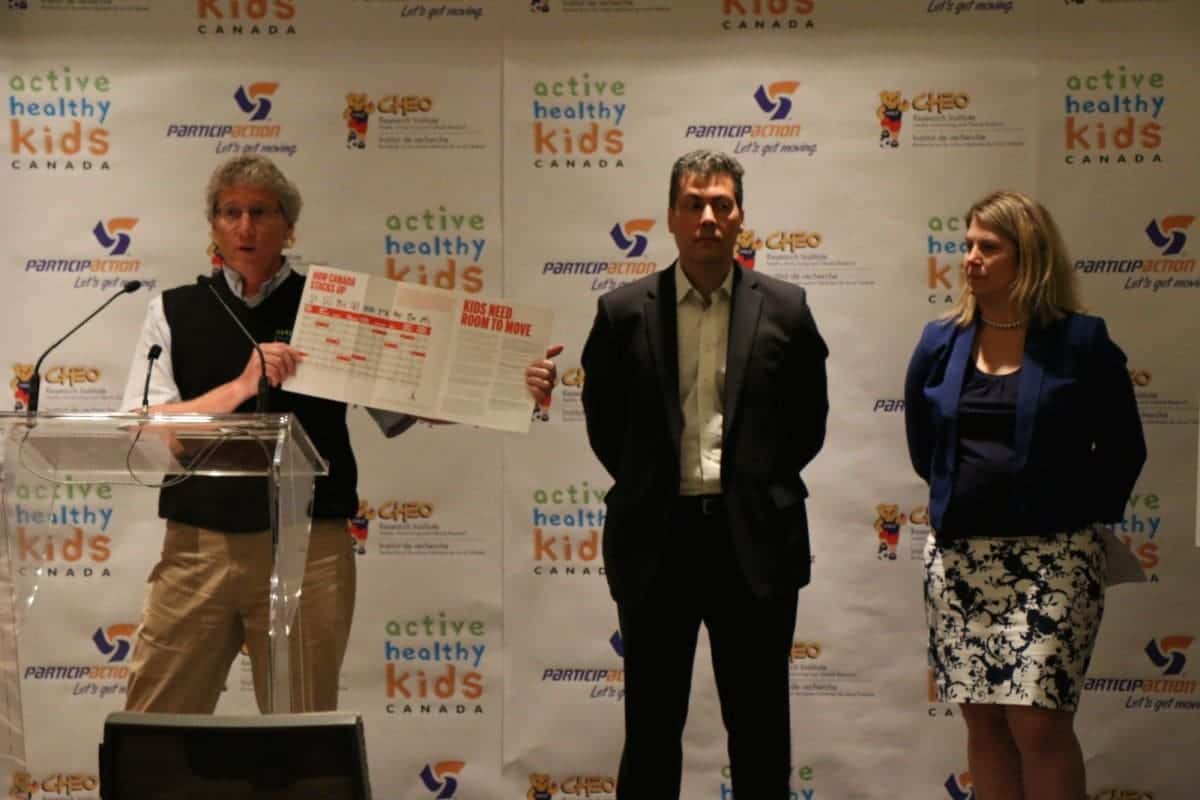
Launch of the Global Matrix 1.0
TORONTO, CANADA, 2014
At the Global Summit , 15 countries from 5 continents simultaneously released country-specific Report Cards on Physical Activity among children and youth. Overall, 158 experts from around the world participated to prepare country-specific Report Cards, which were modeled after the Active Healthy Kids Canada Report Card, adapted to each country's specific context, and followed procedures that were harmonized based on the Canadian process. Together this created the Global Matrix 1.0. The launch of the Global Matrix 1.0 generated worldwide media attention and offered unique insights into which countries were leading, and which were lagging, in the various Report Card indicators, and these insights offered potential solutions to help improve the grades. The process also allowed for an examination of the global situation, and facilitated international cross-fertilization of research, surveillance, and intervention efforts.
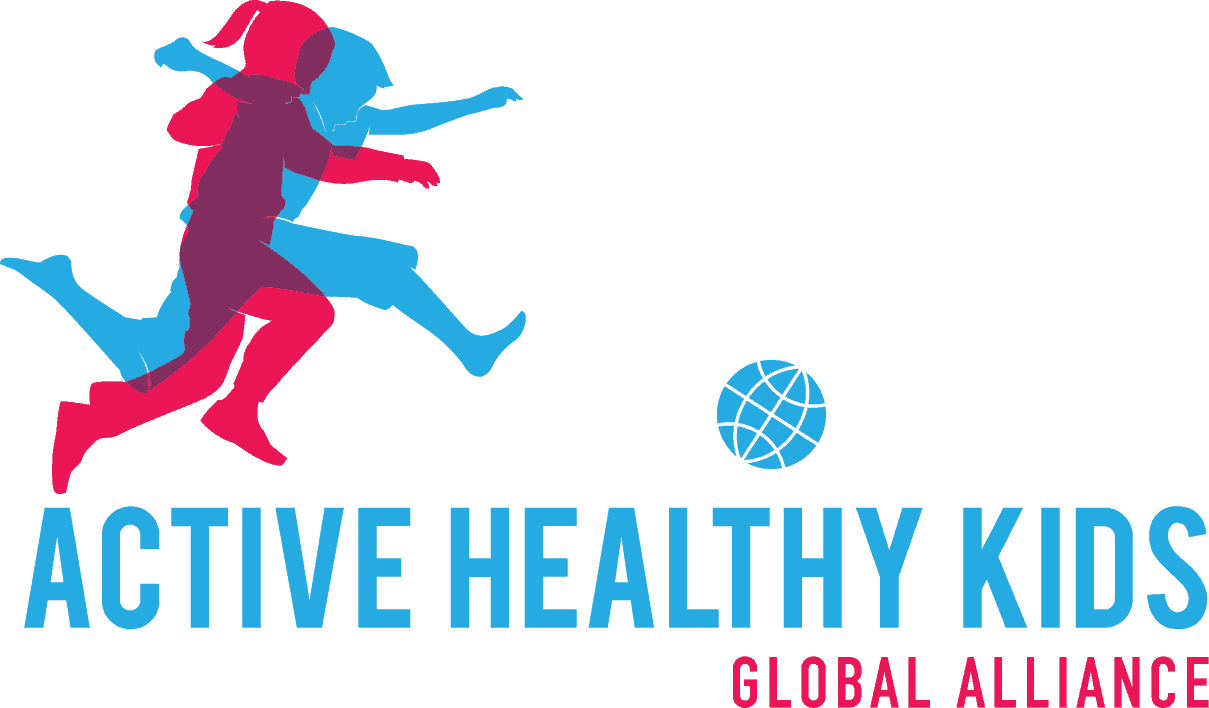
Establishment of the Active Healthy Kids Global Alliance
TORONTO, CANADA, 2014
Following the success of the 2014 Global Summit, the Active Healthy Kids Global Alliance (AHKGA) was established as a network of researchers, health professionals, and stakeholders who work together to advance physical activity in children and youth from around the world. After the release of the Global Matrix 1.0, the lead investigators from participating countries met to debrief on its success and voted unanimously to work together, recruit additional countries, and repeat the process in the future. This led to the planning for the Global Matrix 2.0 and the formation of the AHKGA.
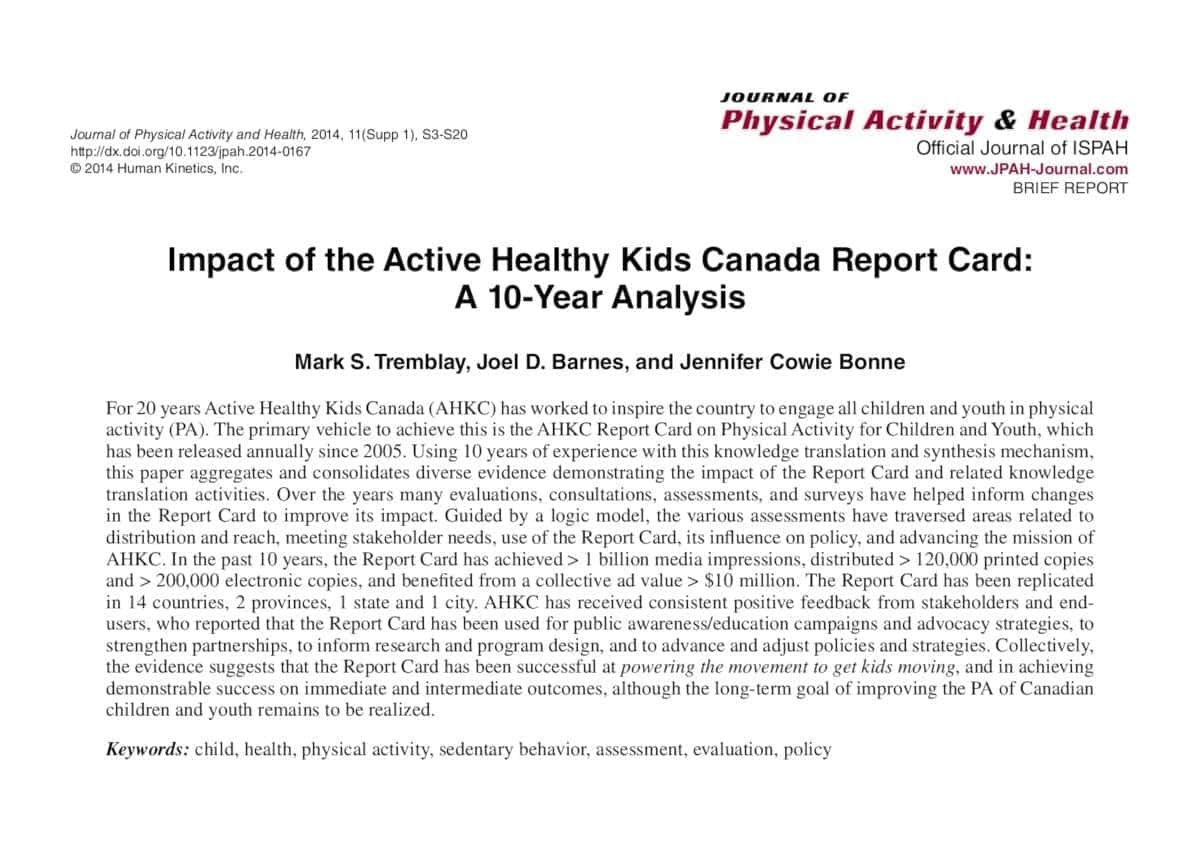
Assessment of the international impact of the AHKC Report Card: a 10-year analysis
JOURNAL OF PHYSICAL ACTIVITY AND HEALTH, 2014
Over its first 10 years (2005-2014), the Report Card was replicated in 14 countries, 2 provinces, 1 state, and 1 city. In 2014, the Active Healthy Kids Canada leaders examined the impact that the Report Card had on powering the movement to get kids moving in Canada and published an article titled “Impact of the Active Healthy Kids Canada Report Card: A 10-Year Analysis” in the Journal of Physical Activity and Health. While an improved overall grade had not been achieved and remained very low, Active Healthy Kids Canada received consistent positive feedback from stakeholders and end-users of the Report Card. The Report Card was used for public awareness/education campaigns and advocacy strategies, to strengthen partnerships, to inform research and program design, and to advance and adjust policies and strategies.
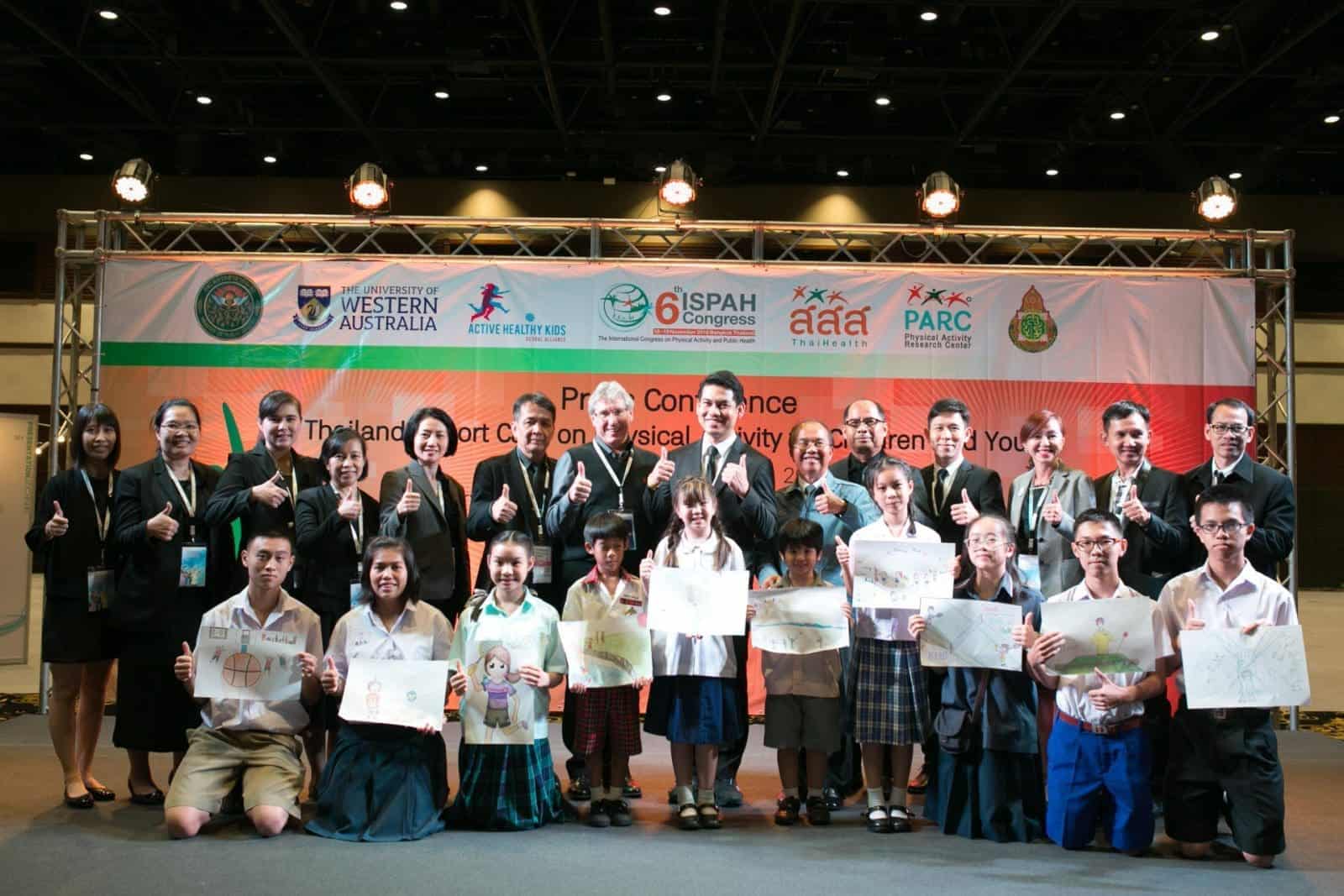
Launch of the Global Matrix 2.0
BANGKOK, THAILAND, 2016
The AHKGA organized the Global Matrix 2.0, which involved the presentation of Report Cards from 38 countries across 6 continents. The findings were released at the 6th International Congress on Physical Activity and Public Health in Bangkok, Thailand, on November 16, 2016, where over 1000 international delegates attended the conference. The Report Cards development process involved 487 experts around the world and was coordinated by the AHKGA. With the participation of 38 countries, the Global Matrix 2.0 achieved good representation of most areas of the world and provided a useful framework for consolidating and assessing the best available evidence aimed at understanding physical activity differences between and within countries.
Changes in indicators of child and youth physical activity in Canada
CANADIAN JOURNAL OF PUBLIC HEALTH, 2016
After 12 years of annual Report Card production, AHKGA leaders were able to demonstrate through a descriptive temporal trend analysis of grade changes in the Report Card between 2005 and 2016 that there have been positive net changes in several indicators of physical activity support (family, school, community and environment, government, non-government) in Canada. However, most physical activity behaviours (overall physical activity, active transportation, sedentary behaviours) have not improved over the 12 years.
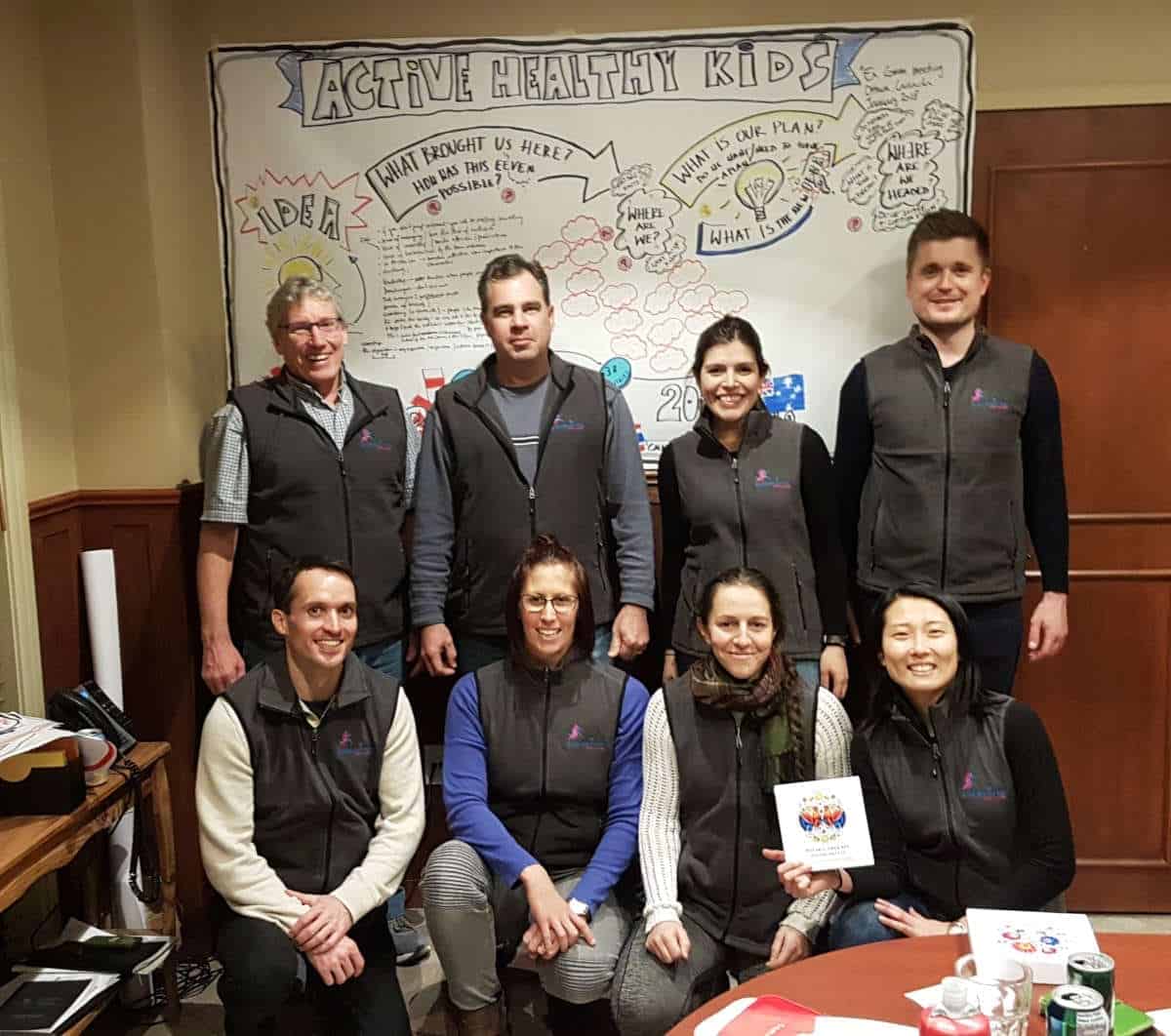
Incorporation of the Active Healthy Kids Global Alliance as a non-for-profit organization
OTTAWA, CANADA, 2018
After approximately 4 years (2014-2018) of operating as an unofficial organization, a strategic planning session was held with the AHKGA Executive Committee at the Calabogie Resort outside of Ottawa, Canada to discuss the future of the organization. To continue to effectively pursue its vision and mission, it was deemed necessary for the AHKGA to become an official organization. In May 2018, the AHKGA officially incorporated as a not-for-profit organization to increase its leadership in advocating for the promotion of physical activity among children and youth of all ages, genders, and abilities. The Board of Directors included 9 active members of the Alliance from all continents.
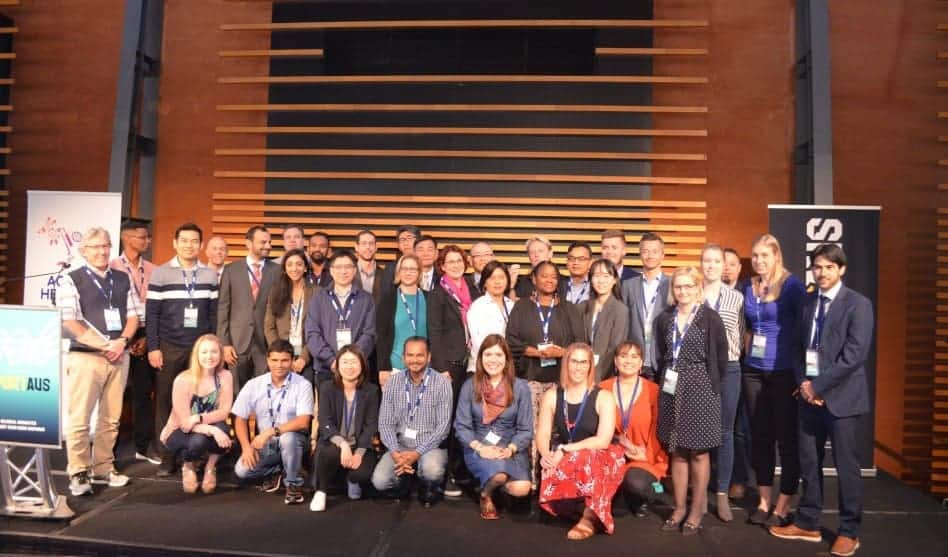
Launch of the Global Matrix 3.0
ADELAIDE, AUSTRALIA, 2018
The AHKGA organized the Global Matrix 3.0, which involved the release of Report Cards from 49 countries across 6 continents. The findings were released at the Movement to Move conference in Adelaide, Australia, on November 27, 2018. A total of 161 delegates and speakers attended the event. The preparation of the Report Cards was led by the AHKGA and involved 513 experts from around the world. The Global Matrix 3.0 helped to recognize physical activity trends in low/medium, high and very high human development countries, identify research and surveillance gaps, and highlighted low engagement in physical activity and related behaviours across countries, confirming the state of crisis in relation to the physical activity of children and youth globally.
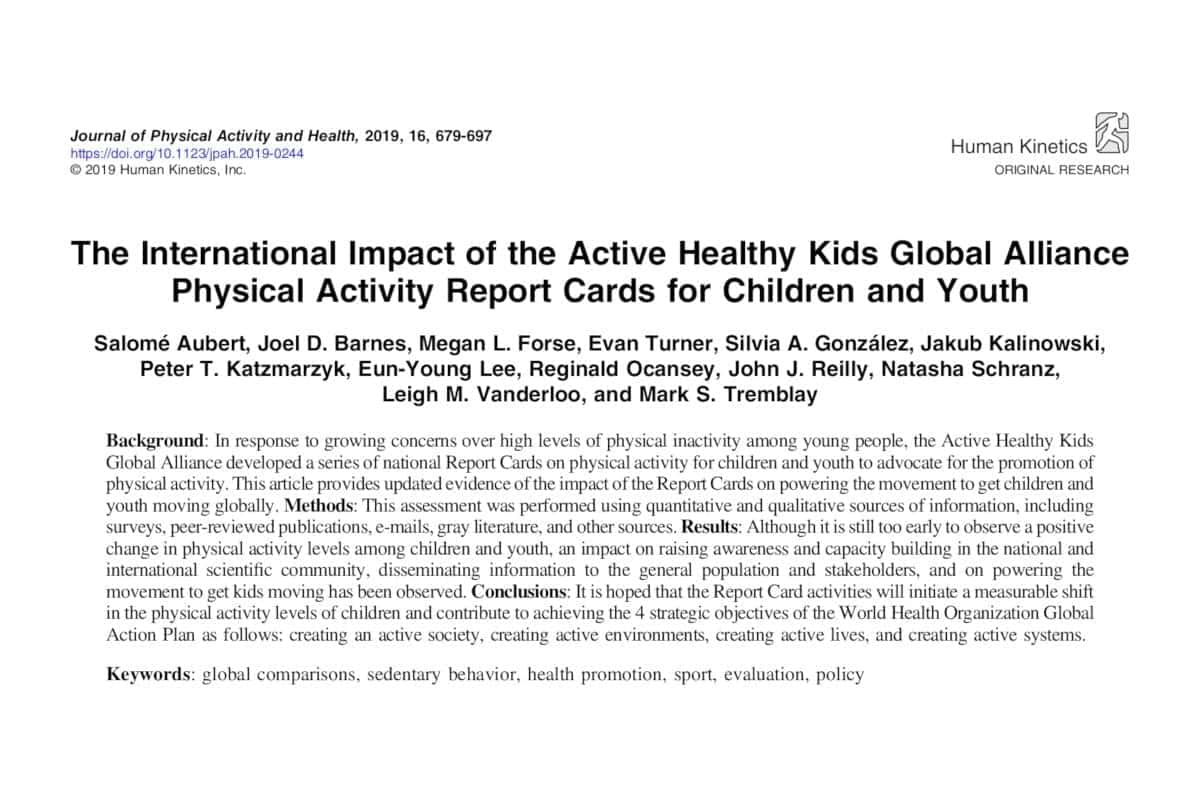
Assessment of the international impact of the AHKGA Report Cards on Physical Activity for Children and Youth
JOURNAL OF PHYSICAL ACTIVITY AND HEALTH, 2019
To provide updated evidence of the impact of the Report Cards on powering the movement to get children and youth moving globally, the AHKGA leadership group published an article titled “The International Impact of the Active Healthy Kids Global Alliance Physical Activity Report Cards for Children and Youth” in the Journal of Physical Activity and Health in 2019. The evaluation of various sources of information showed that the Report Card activities had helped to raise awareness, build capacity in the national and international scientific community, increase government involvement, generate attention in the media, initiate new policies, provide positive outcomes in research, improve surveillance, and finally power the movement to gets kids moving.
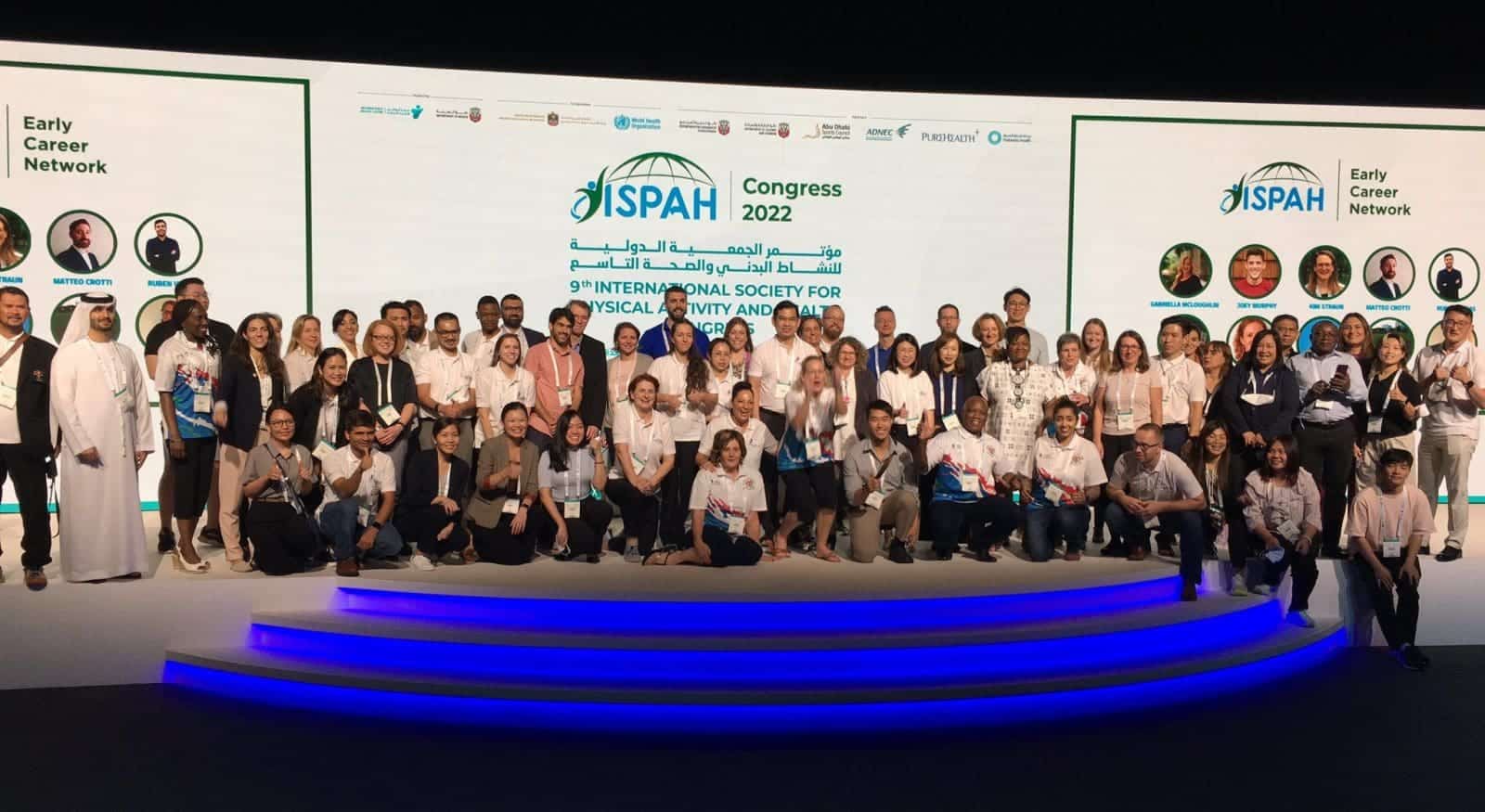
Launch of the Global Matrix 4.0
ABU DHABI, UAE, 2022
The AHKGA organized the Global Matrix 4.0, which involved 682 experts from around the world who produced 57 country Report Cards, grading 10 common indicators related to the physical activity of children and adolescents. The resulting “Global Matrix” of grades allowed for an examination of global patterns and revealed that modern lifestyles – increases in digital screen time, the growing urbanization of communities, and the rise in automation of previously manual tasks – are contributing to a pervasive yet unequally distributed public health problem that must be recognized as a global priority. The findings were released at the International Society of Physical Activity and Health (ISPAH) 2022 Congress in Abu Dhabi, UAE, and published in the Journal of Physical Activity and Health, on October 24, 2022.

Report Card chronology
2005-PRESENT
Click on the links available in this paragraph to view a chronology of all report cards and when they were released, a table of all report card related publications and a list of report card related presentations.
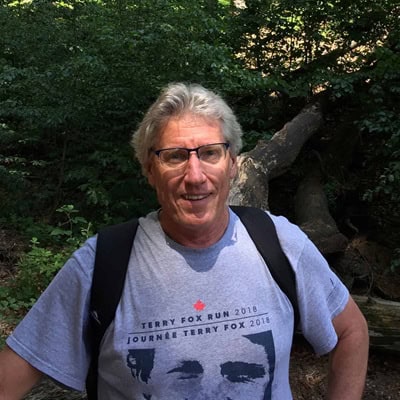
Mark Tremblay, Ph.D.
President (Canada)Bio

Salomé Aubert, Ph.D.
Vice-President and Publications Committee Chair (France)Bio
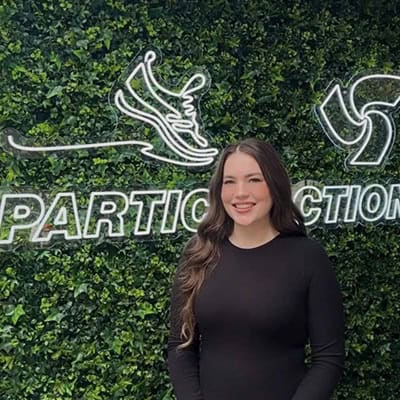
Leigh Vanderloo, Ph.D.
Treasurer and North American Representative (Canada)Bio
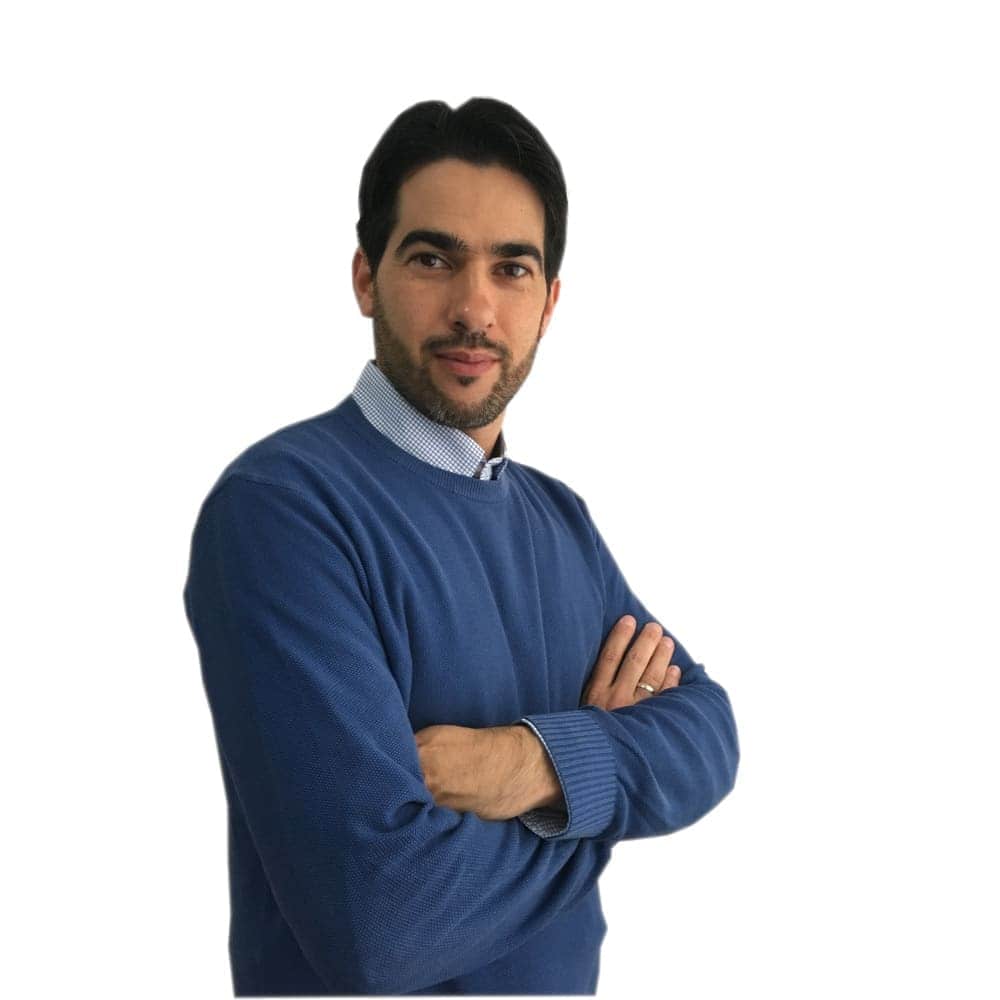
Javier Brazo-Sayavera, Ph.D.
Secretary and Communications Committee Chair (Spain)Bio
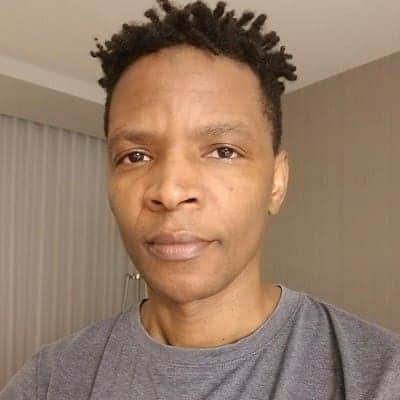
Taru Manyanga, Ph.D.
African Representative (Zimbabwe/Canada)Bio
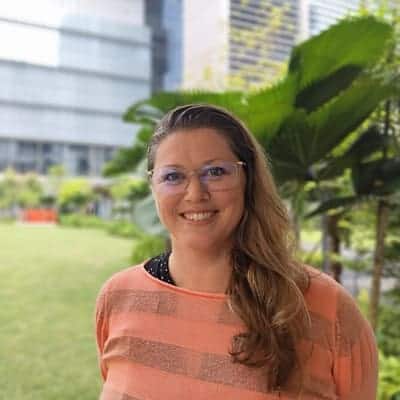
Shawnda Morrison, Ph.D.
Partnerships and Fundraising Committee Chair (Slovenia/Singapore)Bio
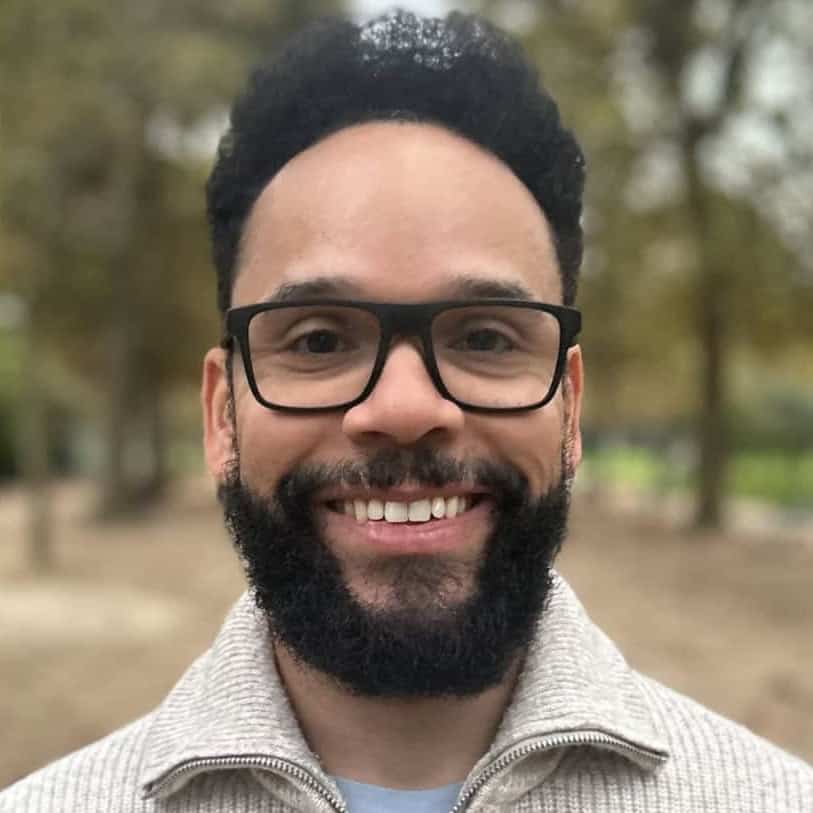
Diego Augusto Santos Silva, Ph.D.
Latin American Representative (Brazil)Bio
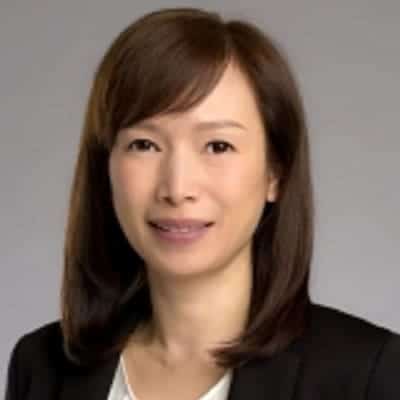
Cindy Sit, Ph.D.
Justice, Equity, Diversity, and Inclusion (JEDI) Committee Chair (Hong Kong)Bio
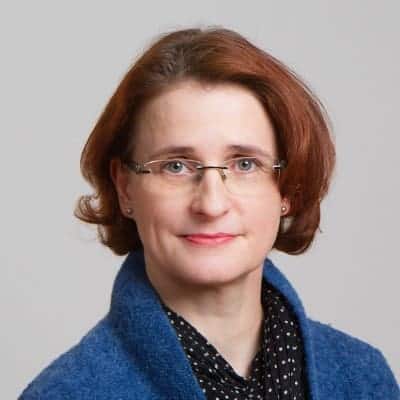
Tuija Tammelin, Ph.D.
European Representative (Finland)Bio
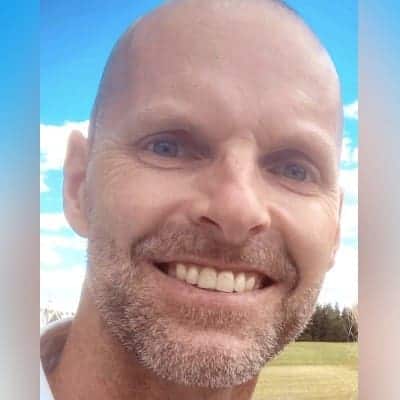
Grant Tomkinson, Ph.D.
Oceania Representative (Australia)Bio
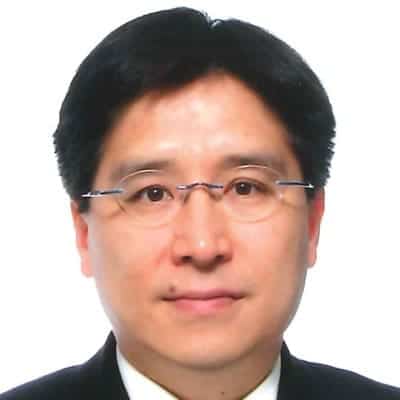
Stephen H.S. Wong, Ph.D.
Asian Representative (Hong Kong)Bio
AHKGA Fellows
Global Matrix 4.0
Global Matrix 5.0

Salomé Aubert, PH.D.
(France)Bio
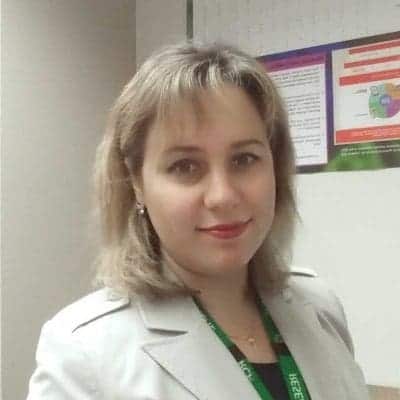
Iryna Demchenko, M.D., M.Sc.
(Canada)Bio
Research and Support

Emly Stone, M.Sc.
Research Coordinator (Canada)Bio
Executive and Nominations Committees
Committee Descriptions

Mark Tremblay, Ph.D.
Chair (AHKGA President)Bio

Salomé Aubert, Ph.D.
Member (AHKGA Vice-President)Bio

Leigh Vanderloo, Ph.D.
Member (AHKGA Treasurer)Bio

Javier Brazo-Sayavera, Ph.D.
Member (AHKGA Secretary)Bio
Communication and Knowledge Translation Committee
Committee Description

Javier Brazo-Sayavera, Ph.D.
Communications Committee Chair (Spain)Bio

Salomé Aubert, PH.D.
Member (France)Bio

Iryna Demchenko, M.D., M.S.c.
Member (Canada)Bio
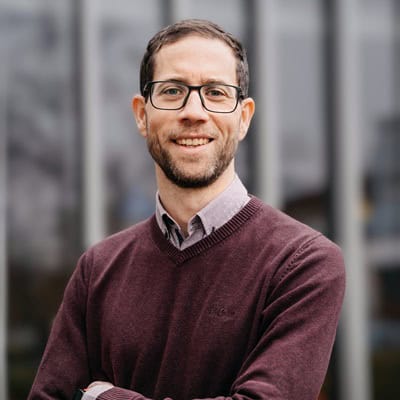
ALEŠ GÁBA, PH.D
Member (Czech Republic)Bio

TARU MANYANGA, PH.D.
Member (Zimbabwe/Canada)Bio
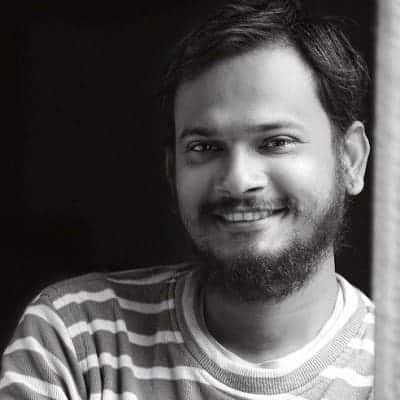
RIAZ UDDIN, PH.D.
Member (Bangladesh/Australia)Bio
Justice, Equity, Diversity, and Inclusion (JEDI) Committee
Committee Description

Cindy Sit, Ph.D.
JEDI Committee Chair (Hong Kong)Bio
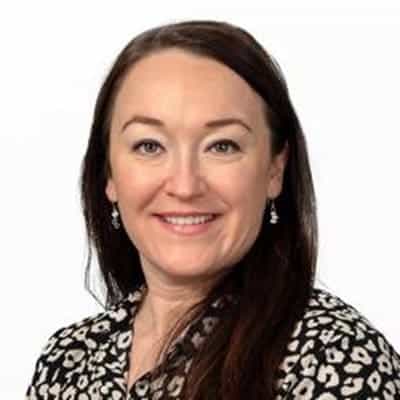
Piritta Asunta, Ph.D
Member (Finland)Bio
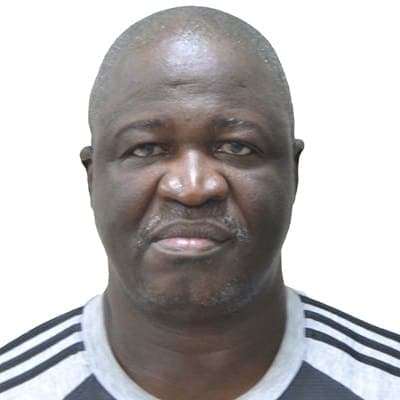
Bhekuzulu Khumalo, Ph.D.
Member (Malawi)Bio
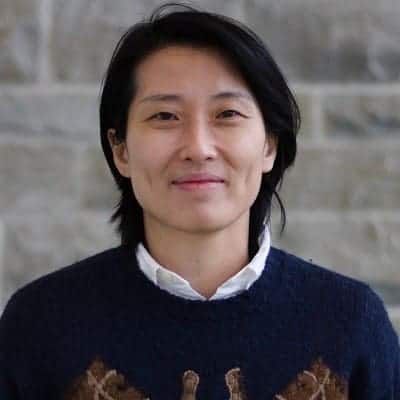
Eun-Young Lee, Ph.D.
Member (South Korea/Canada)Bio

Taru Manyanga, Ph.D.
Member (Zimbabwe/Canada)Bio

Shawnda Morrison, Ph.D.
Member (Slovenia/Singapore)Bio

Diego Augusto Santos Silva, Ph.D.
Member (Brazil)Bio

Leigh Vanderloo, PH.D.
Treasurer and North American Representative (Canada)Bio
Partnerships and Fundraising Committee

SHAWNDA MORRISON, PH.D.
Chair (Slovenia/Singapore)Bio

Mark Tremblay, PH.D.
Member (AHKGA President)Bio

Wendy Yajun Huang, PH.D.
Member (Hong Kong)Bio
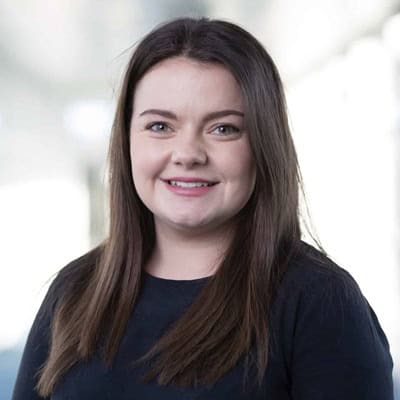
Angela Carlin, PH.D.
Member (Ireland)Bio

Peter Bakalár, Ph.D.
Member (Slovakia)Bio
Publications Committee
Committee Description

Salomé Aubert, Ph.D.
Publications Committee Chair (France)Bio

Javier Brazo-Sayavera, Ph.D.
Member (Spain)Bio

Iryna Demchenko, M.D., M.S.c.
Member (Canada)Bio

Peter Katzmarzyk, Ph.D.
Member (USA)Bio
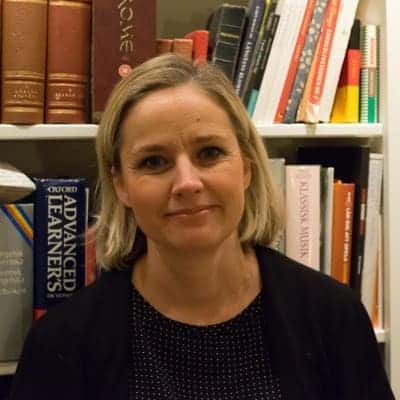
Marie Löf, Ph.D.
Member (Sweden)Bio

Taru Manyanga, Ph.D.
Member (Zimbabwe/Canada)Bio

Tuija Tammelin, Ph.D.
Member (Finland)Bio
